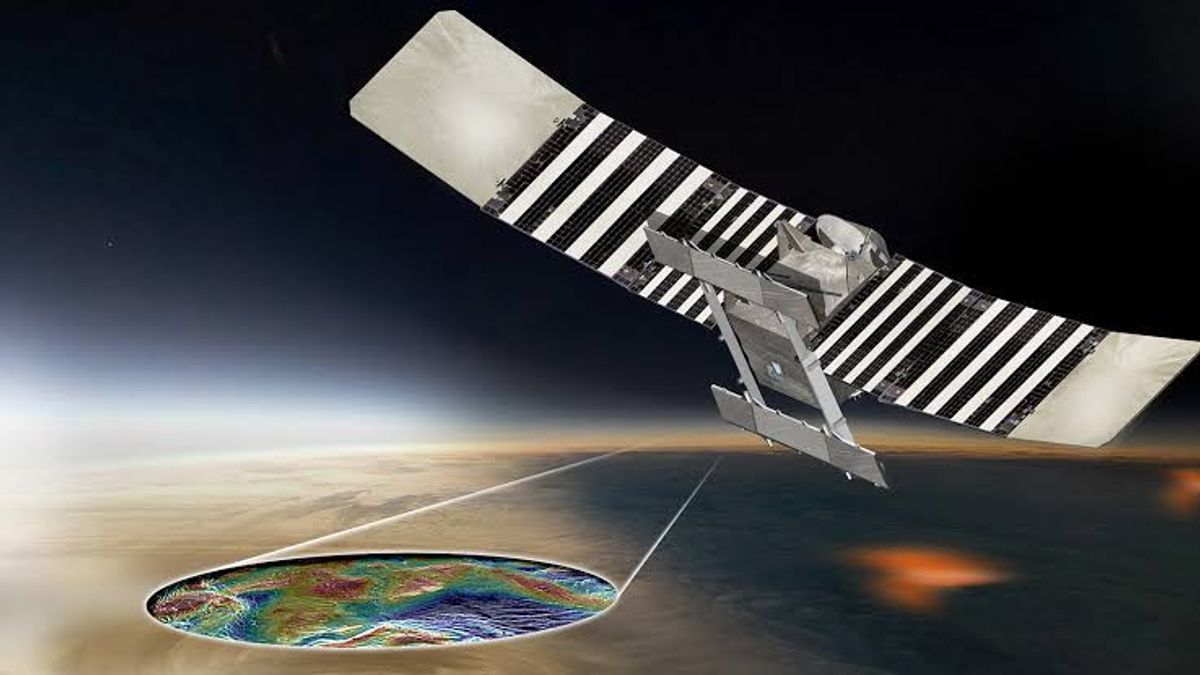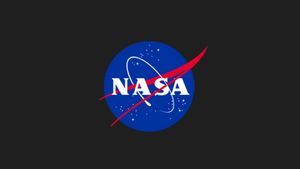JAKARTA The future of NASA's Venus Emissionivity, Radio Science, InSAR, Topography, and Spectroscopy (VERITAS) program is increasingly unclear. The reason is, the exploration mission to Venus, which will be launched in 2028, has been postponed again.
VERITAS is a mission led by Jet Propulsion Laboratory (JPL), one of NASA's facilities. Through this mission, NASA wants to map the surface of the planet Venus by utilizing topography, near-infrared spectroscopy, and radar image data.
At the end of 2022, NASA said it would delay VERITAS' mission until 2031. In fact, several years earlier, NASA said that this mission would be launched between 2028 and 2030 to accelerate exploration.
While delaying its launch schedule for three years, NASA said that this was due to problems with the 'work imbalance' on JPL. The facility center strongly affects the mission because JPL is its development center.
This launch schedule has not changed for some time. Quoting from Spacenews, the Head of Researcher for VERITAS Sue Smrekar had said that JPL was trying to launch a mapping mission for Venus in June 2031.
Although this statement was only made at the recent Venus Exploration Analysis Group (VEXAG) annual meeting, Sue has changed the statement. Now, the mission leader said that VERITAS' mission would be delayed for a year and a half.
SEE ALSO:
VERITAS bounced back (after the break in 2024)," said Sue. It's great to be able to get technical funding back to move forward. Sue said that the latest launch target was set in November 2032.
However, there is still the possibility that this delay will happen again. If this mission continues to be postponed, VERITAS' mission may be difficult to implement as NASA will lose a lot, from observations of related instruments hampered to the loss of important members.
During the delay, NASA has lost one important person from the VERITAS mission due to layoffs by JPL. "During the delay, we lost many members of the key science team. The longer we are delayed, the greater the chance of losing key personnel."
The English, Chinese, Japanese, Arabic, and French versions are automatically generated by the AI. So there may still be inaccuracies in translating, please always see Indonesian as our main language. (system supported by DigitalSiber.id)


















